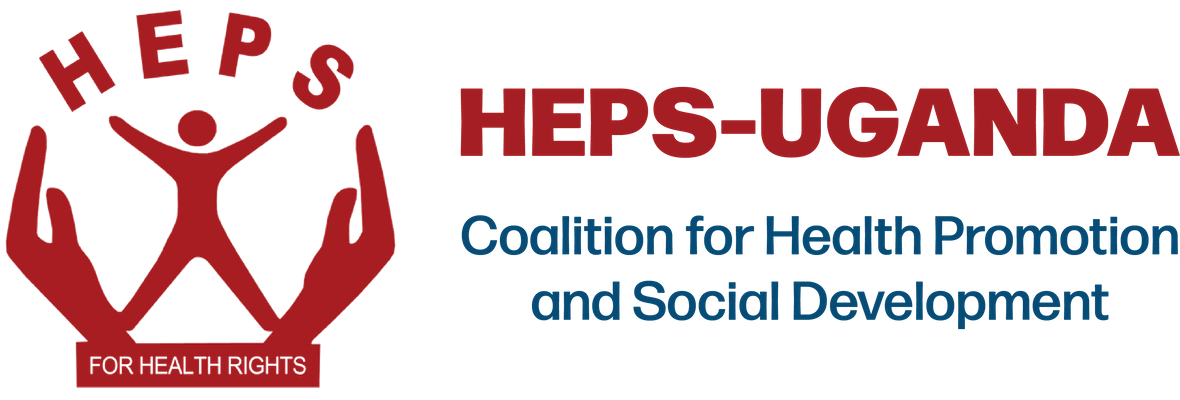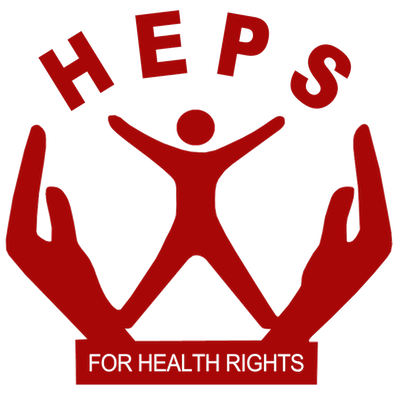This week, as the world observes Maternal Mental Health Awareness Week (May 5-11, 2025), under the powerful theme “Your voice, your strength,” we in Uganda have a crucial opportunity to reflect on our progress in maternal health and confront the persistent challenges that remain. This global campaign resonates deeply, urging us to listen, support, and empower all women, who are the bedrock of the future of our families and humanity.
Over the recent years, Uganda has made commendable strides in improving maternal health outcomes. There has been a significant reduction in the maternal mortality ratio, with increased access to antenatal care, skilled birth attendance, and postnatal care services playing a vital role in this progress. Initiatives focused on family planning and the prevention of mother-to-child transmission of HIV have also contributed positively. The commitment of healthcare workers, often operating under immense pressure and limited resources, deserves recognition.
However, despite these achievements, the journey towards ensuring safe motherhood for all Ugandan women is far from over. Several critical challenges persist. Geographical disparities in access to quality healthcare remain stark, with rural and underserved communities often facing significant barriers. Delays in seeking, reaching, and receiving care continue to contribute to preventable maternal deaths. Teenage pregnancy remains alarmingly high, posing significant health risks and hindering the socio-economic progress of young women. Furthermore, access to comprehensive emergency obstetric and newborn care is still inadequate in many parts of the country.
When we compare our current statistics and indicators with national and global goals, a mixed picture emerges. While we have made progress towards the Sustainable Development Goal (SDG) target of reducing the global maternal mortality ratio to less than 70 per 100,000 live births, we are not yet there. National targets often reflect this global ambition, but the pace of reduction needs to accelerate.
Regionally, Uganda’s maternal mortality ratio, while improved, still lags behind some of our neighbors who have demonstrated more rapid progress through concerted efforts in strengthening health systems, increasing investment in maternal health, and addressing socio-cultural barriers more effectively. Learning from their experiences and adopting best practices is crucial.
This year’s theme, “Your voice, your strength,” carries profound messages for both communities and policymakers in Uganda:
For Communities: It is a call to create a supportive environment where women feel empowered to speak openly about their experiences, including the often-silent struggles with their mental well-being during pregnancy and after childbirth. We must actively listen to their concerns, validate their feelings, and offer practical support. This includes challenging harmful cultural practices that may hinder access to care or stigmatize mental health issues. Husbands, families, and community leaders have a vital role to play in fostering a culture of care and understanding.
For Policymakers: The theme underscores the urgent need to prioritize the voices and experiences of mothers in shaping maternal health policies and programs. This means investing in research to understand the specific challenges faced by Ugandan women, including the often-overlooked burden of perinatal mental health issues. It requires strengthening our health system to provide integrated maternal healthcare services that encompass physical and mental well-being. This includes increasing the number of skilled healthcare workers, ensuring equitable access to quality care across all regions, and allocating sufficient resources for essential maternal health commodities and infrastructure.
Furthermore, policymakers must address the social determinants of maternal health, such as poverty, education, gender inequality, and gender-based violence, which significantly impact women’s health-seeking behaviors and outcomes. Investing in adolescent sexual and reproductive health services is crucial to tackling the challenge of teenage pregnancy.
In conclusion, while Uganda can be proud of the progress made in maternal health, we cannot afford to be complacent. The voices of our mothers, amplified by this year’s Maternal Mental Health Awareness Week theme, must serve as a powerful reminder of the work that still needs to be done. By listening to their experiences, empowering them to seek care, and translating their needs into concrete policies and actions, we can build a future where every Ugandan woman experiences a safe and healthy motherhood. Let “Your voice, your strength” be our guiding principle as we redouble our efforts to ensure no woman is left behind.





